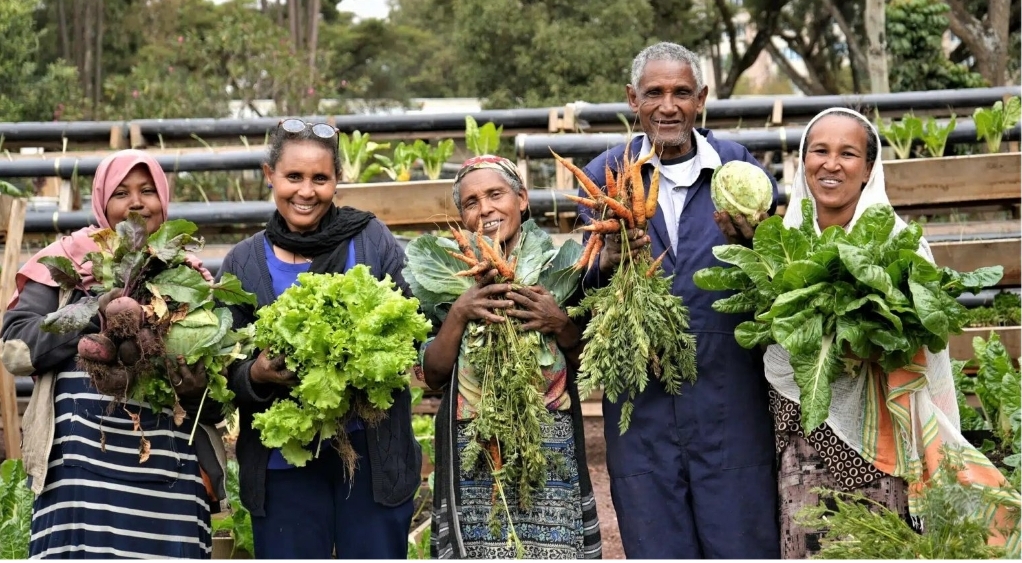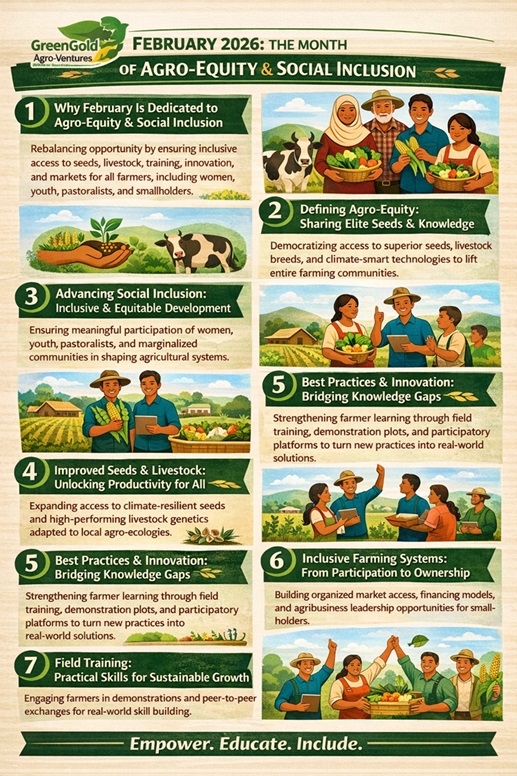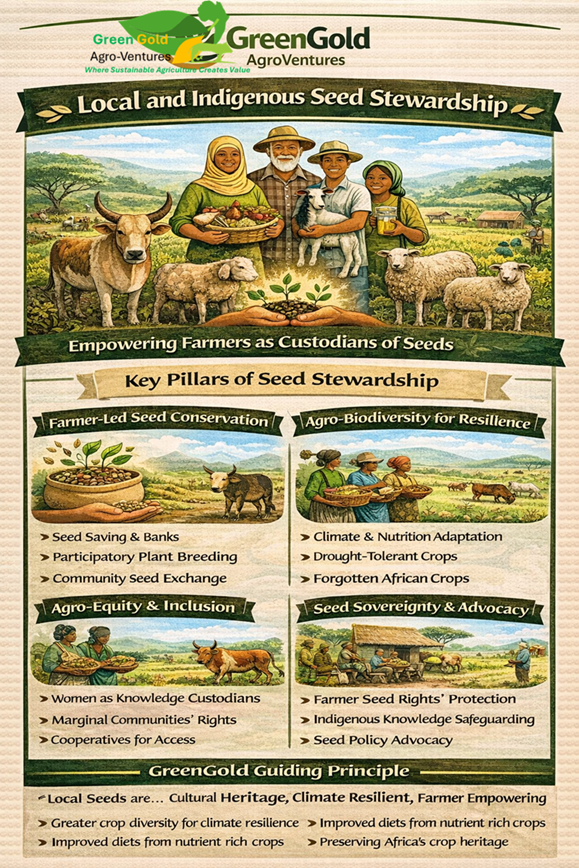African-Led Agricultural Sciences: A Path to Food Sovereignty in Africa

Food sovereignty in Africa hinges on empowering local researchers and supporting homegrown agricultural innovation. This article argues that externally designed solutions often fail to address the continent’s diverse ecological and socioeconomic contexts. African scientists, farmers, and communities possess deep understanding of regional challenges—from soil variability and water scarcity to crop resilience and market access.
Investing in African-led research institutions, contextualized technology, and farmer-participatory models can drive sustainable productivity while preserving biodiversity and cultural practices. Case studies from Nigeria, Kenya, and Malawi demonstrate the success of locally adapted approaches, such as drought-resistant indigenous crops and digital tools tailored for smallholders.
To achieve food self-sufficiency, African governments and global partners must prioritize funding, policy support, and infrastructure for endogenous research. The future of African food systems lies not in imported fixes, but in knowledge rooted in the continent’s realities.
Read the full article here:
African-Led Agricultural Sciences: Crucial to Ensure Food Sovereignty in Africa
Related Posts

FEBRUARY 2026: The Month of Agro-Equity & Social Inclusion at GreenGold AgroVentures
Why February is dedicated to agro-equity & social inclusionFebruary 2026 marks a defining moment...
Read More →
Local and Indigenous Seed Stewardship: Empowering Farmers as Custodians of Our Food Future
At GreenGold AgroVentures, we believe that the future of African agriculture is deeply rooted in its...
Read More →